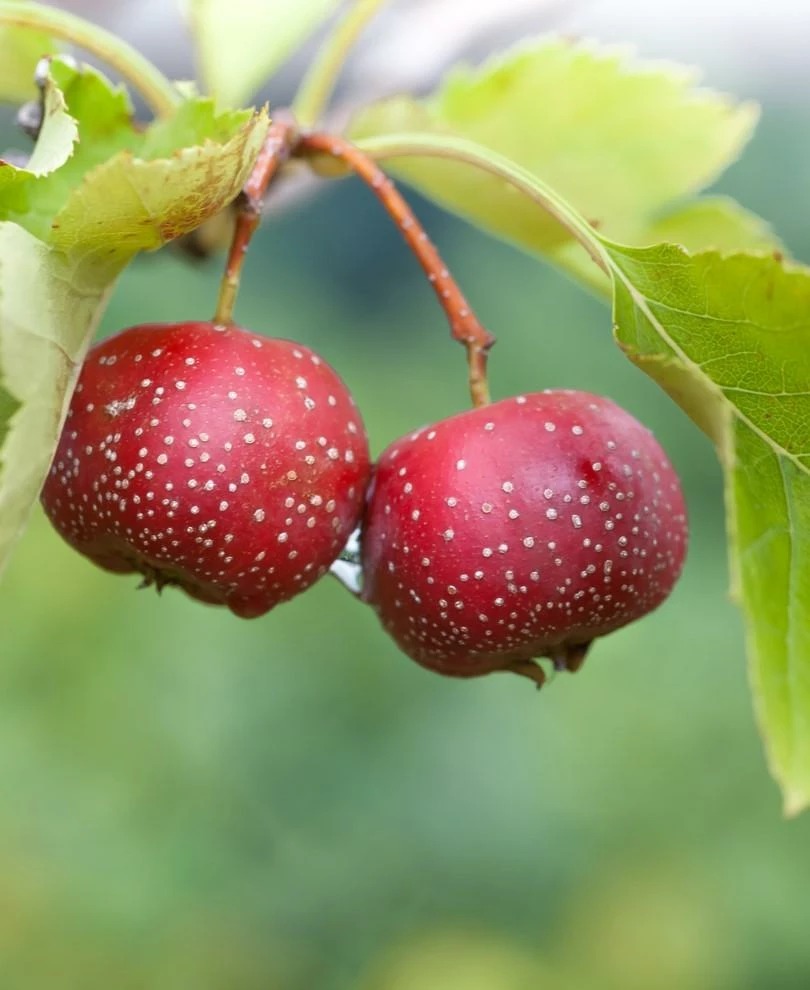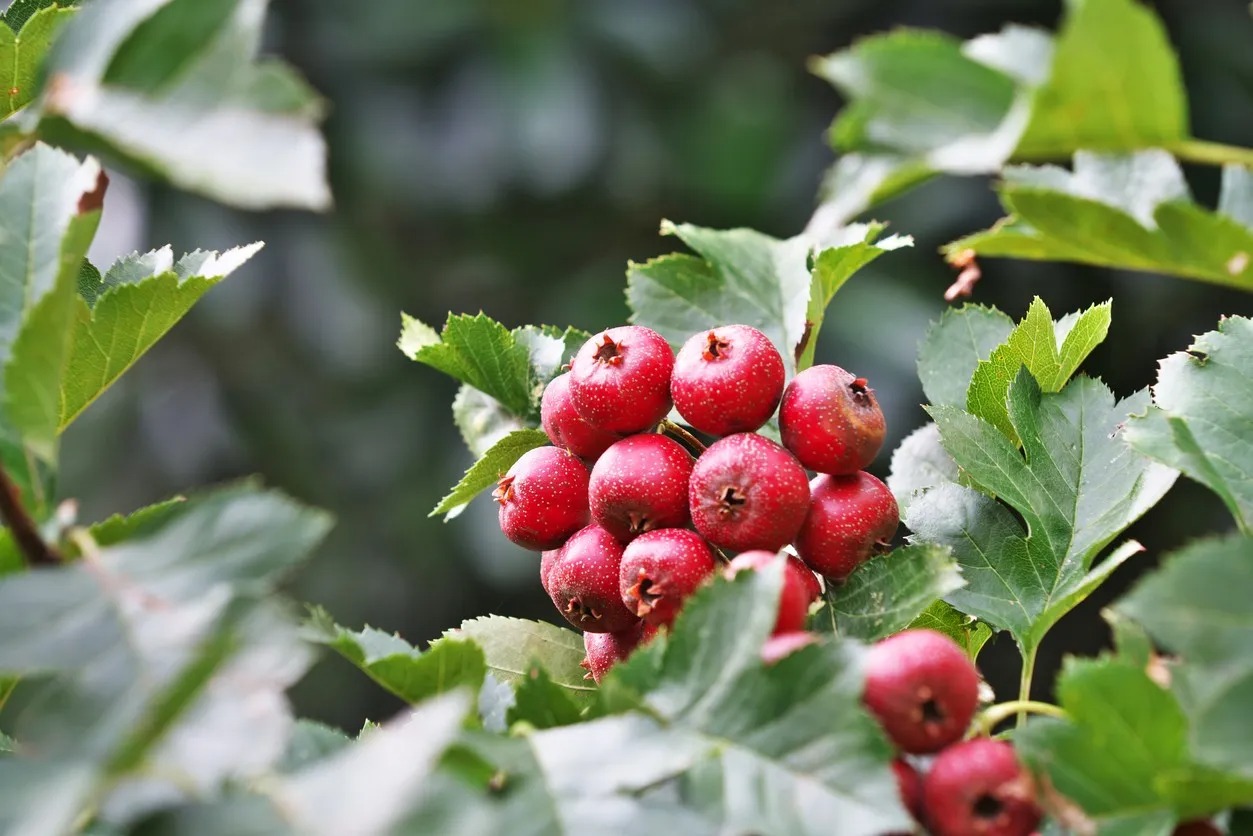How a 15-foot tree from ancient Chinese medicine became America’s most surprising backyard multitasker

The Backyard Dilemma Every Gardener Faces
Urban homesteaders face an impossible calculus: sacrifice precious square footage for single-purpose ornamentals, or endure the industrial taste of supermarket fruit. Most compromise with dwarf citrus trees that demand pampering, or decorative crabapples with inedible fruit. The hidden cost? Years of waiting for trees that deliver either beauty or utility – rarely both.
Enter Crataegus pinnatifida ‘Red Sun’, the Chinese hawthorn variety that’s quietly revolutionizing small-space permaculture. With its oak-like foliage, self-fertile blooms, and versatile crimson fruit, this 15-foot multitasker solves three problems most gardeners don’t realize they have:
- The “ornamental vs edible” false dichotomy
- Pollination complexities of urban orchards
- September harvest gaps when summer berries fade
At $34.99, this ancient Chinese cultivar offers modern solutions no big-box nursery tree can match.
Triple-Layer Value: Dissecting the Red Sun Phenomenon
Physical Marvel
Oak-leaf foliage provides four-season visual interest unlike typical fruit trees
1″ diameter fruit – 3x larger than wild hawthorns, with thinner skin
15′ mature height fits urban lots without dwarfing grafts
Nutritional Powerhouse
Proanthocyanidins – antioxidants that support cardiovascular health
Natural pectin makes it ideal for jams without additives
Balanced sweetness (18-20° Brix) with tart undertones
Cultural Bridge
Shan Zha candy connects to Chinese culinary traditions
Self-fertile nature solves urban pollination challenges
September ripening extends the fresh harvest window
The Hawthorn Hierarchy: How Red Sun Outperforms Standard Options
| Variety | Fruit Quality | Care Requirements | Seasonal Value | Cultural Depth |
|---|---|---|---|---|
| Red Sun (Chinese Haw) | Large, sweet, multipurpose | Drought-sensitive when young | Late-season harvest | Chinese medicinal legacy |
| Standard Hawthorn | Small, astringent | Very hardy | Early fall | Limited |
| Crabapple | Mostly ornamental | Pest-prone | Spring blooms only | Western traditions |
*Data aggregated from USDA Plant Database and university extension reports
From Frustration to Fulfillment: A Gardener’s Transformation
The Struggle
Sarah K., an urban homesteader in Zone 6, battled with her 10×20 foot backyard:
- Dwarf pear required a pollinator partner she couldn’t accommodate
- Flowering cherry gave 2 weeks of beauty then became a “green statue”
- September harvests meant relying on grocery store apples
The Discovery
After researching low-maintenance fruit trees for small spaces, she planted Red Sun Chinese Hawthorn:
- Year 1: Established despite initial watering vigilance
- Year 3: First harvest yielded enough for jam and dried snacks
- Year 5: Tree became neighborhood landmark during fall color
“It’s like having a Japanese maple that feeds you. The fruit makes incredible hawthorn berry syrup for pancakes, and my kids think the candied version is better than gummy bears. I’ve even started a small autumn tradition making Chinese haw flakes with neighbors.”
— Sarah K., Cincinnati OH (USDA Zone 6a)
Why Red Sun Chinese Hawthorn Belongs in Your Food Forest
For the Practical Gardener
- USDA Zones 5-9 adaptability
- Self-pollinating for urban settings
- Disease-resistant compared to crabapples
For the Cultural Explorer
- Gateway to traditional Chinese medicine ingredients
- Authentic Shan Zha candy making at home
- Conversation-starting ornamental edible

